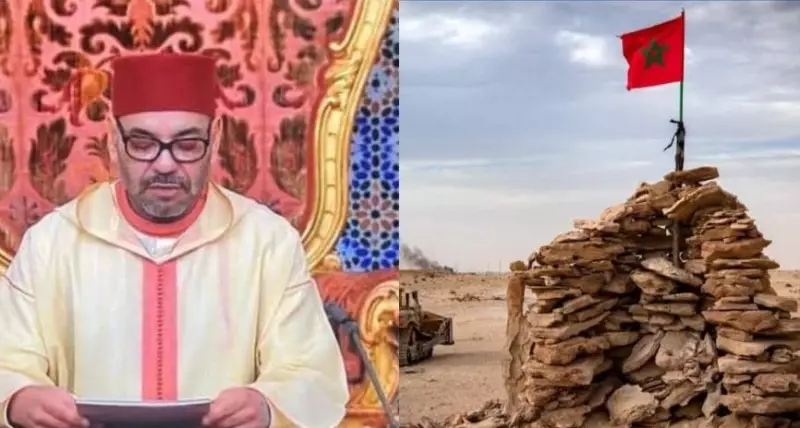
In a significant diplomatic development, King Mohammed VI of Morocco has publicly commended the United Nations for its growing support of Morocco's autonomy plan for the contested Western Sahara region. This endorsement represents a major victory for Moroccan foreign policy and could potentially reshape the geopolitical landscape of North Africa.
UN Security Council Backs Moroccan Initiative
The United Nations Security Council has recently thrown its weight behind Morocco's proposed solution for the Western Sahara territory, which has been a subject of international dispute for decades. The autonomy plan, championed by Rabat, offers substantial self-governance to the region while maintaining Moroccan sovereignty.
King Mohammed VI expressed his satisfaction with the international community's evolving position, stating that the UN's support validates Morocco's longstanding efforts to find a peaceful and realistic resolution to the conflict. The monarch emphasized that this development reflects growing global recognition of Morocco's serious commitment to resolving one of Africa's most protracted territorial disputes.
Decades-Long Conflict Nears Resolution
The Western Sahara conflict dates back to 1975 when Spain withdrew from its former colony, leading to competing claims from Morocco and the Polisario Front, which seeks full independence for the territory. For nearly fifty years, this dispute has remained unresolved despite numerous UN-mediated negotiations and ceasefire agreements.
Morocco's autonomy proposal, first presented in 2007, has gained increasing international traction as a potential compromise solution. The plan would grant Western Sahara significant administrative, economic, and political autonomy while remaining under Moroccan sovereignty.
International Community Shifts Position
The growing UN support for Morocco's plan signals a notable shift in the international community's approach to the conflict. Several key nations, including the United States, have recently expressed support for the autonomy proposal as a credible and realistic basis for negotiations.
This development comes as the UN continues its mission to facilitate a political solution that provides for the self-determination of the people of Western Sahara while respecting Morocco's territorial integrity and sovereignty concerns.
Regional Implications and Future Prospects
The strengthened UN backing for Morocco's autonomy initiative has significant implications for regional stability and economic cooperation in North Africa. A resolution to the Western Sahara dispute could unlock new opportunities for cross-border collaboration and economic development throughout the Maghreb region.
As diplomatic efforts continue, international observers are watching closely to see how this enhanced UN support will influence future negotiations and whether it might prompt renewed dialogue between all parties involved in this long-standing territorial dispute.





